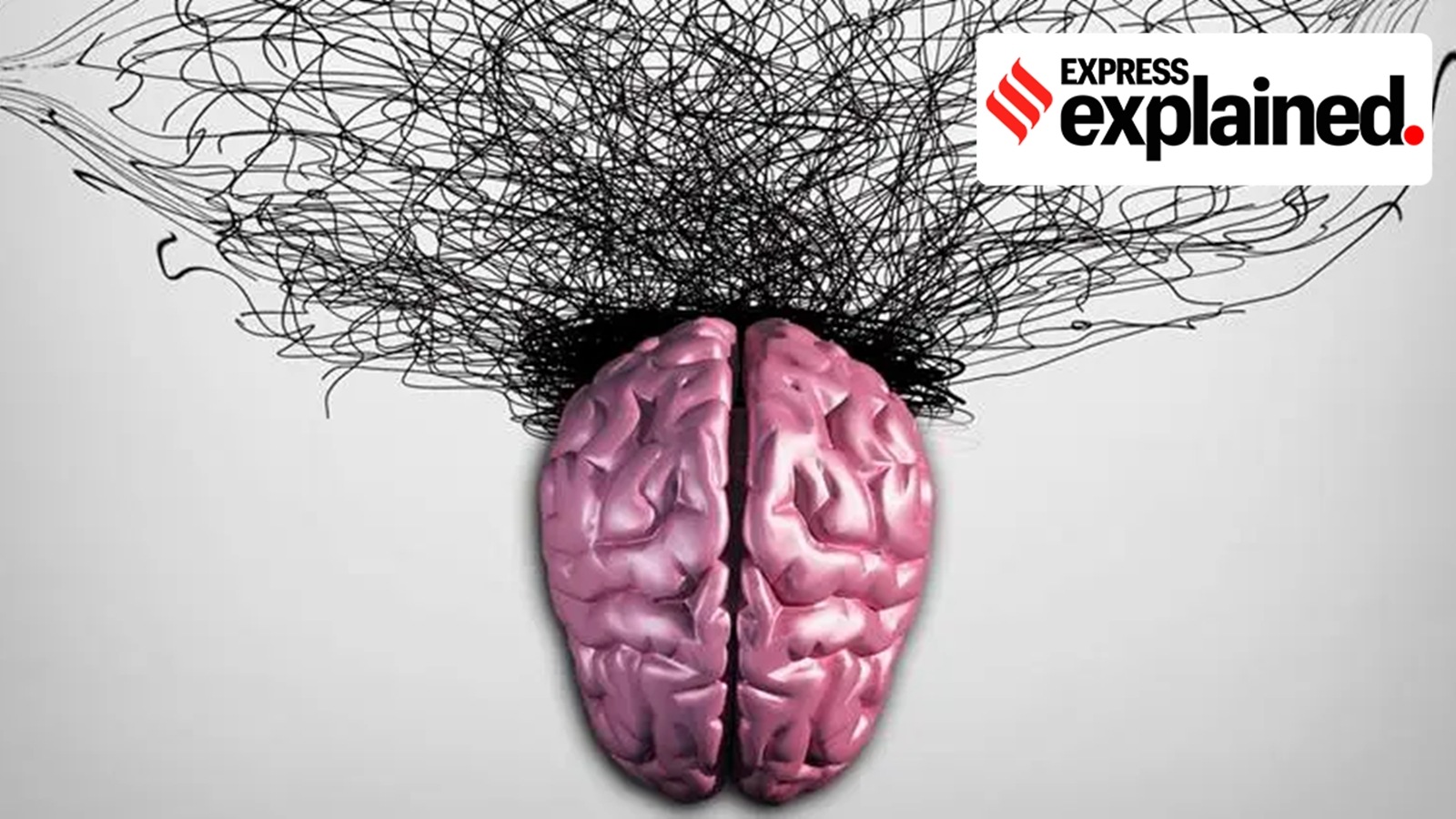Explained: New study on aphantasia, when some people cannot ‘see’ in their mind
A study by University of Glasgow cognitive scientist Roberto S Luciani and others, delved deeper into the connection between humans’ auditory and visual senses.
 More research is needed on the subject. While the existence of aphantasia was first noted by British polymath Francis Galton in the 1880s, the term itself was coined in 2015 by neurologist Adam Zeman.
More research is needed on the subject. While the existence of aphantasia was first noted by British polymath Francis Galton in the 1880s, the term itself was coined in 2015 by neurologist Adam Zeman.When one hears, one’s mind sees. Imagine being on a train, with an infant a few rows ahead. Even if one does not see the child, her wail will trigger a visualisation of a child crying. What exactly that visualisation is, will be influenced by past experiences, but most people will visualise something.
Those who do not, have a condition known as aphantasia. This is not a disability, just a condition which entails having very limited or no visual imagination.
A study by University of Glasgow cognitive scientist Roberto S Luciani and others, delved deeper into the connection between humans’ auditory and visual senses.
While in a brain scanner, blindfolded people were made to listen to three different sound scenes: a forest full of birds, a crowd of people, and a street bustling with traffic. In people without aphantasia, these auditory scenes created reliable neural hallmarks in parts of the brain’s visual cortex. But in people with aphantasia, these hallmarks were weaker.
The study found that the ability to visualise in the mind occurs in a spectrum. The authors say that their research proves that different parts of the human brain are more interconnected than what is commonly believed.
The study was published in Current Biology on November 4.
More research is needed on the subject. While the existence of aphantasia was first noted by British polymath Francis Galton in the 1880s, the term itself was coined in 2015 by neurologist Adam Zeman.
For a condition that might affect roughly 2% of the population, very little is known about exactly why aphantasia occurs. And only now are scientists understanding how it works.
Luciani, who himself has this condition, believes that understanding aphantasia might give us a glimpse of the “invisible differences between people that make [their] lived experiences unique, without [them] realising”.
“I find it fascinating that there may be other differences lurking in the shadow of us assuming other people experience the world like us,” he told Science News.
- 01
- 02
- 03
- 04
- 05






































